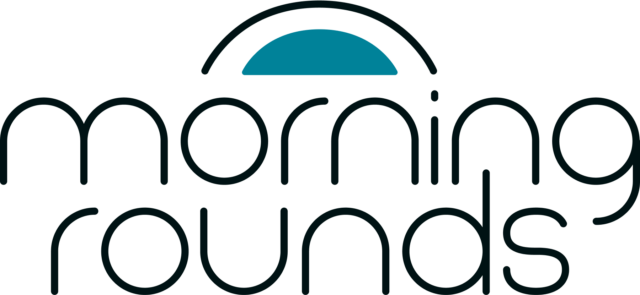
Hello, everyone, and how are you today? We are doing just fine, thank you, especially since the middle of the week is upon us. After all, we have made it this far, so we are determined to hang on for another couple of days. And why not? The alternatives — at least those we can identify — are not so appetizing. And what better way to make the time fly than to keep busy. So grab that cup of stimulation and get started. Our flavor today is tiramisu, for those tracking our habits. Now, though, the time has come to get busy. So please grab your own cup and dig in to the items of interest assembled below. We hope you have a wonderful day, and please do keep in touch. …
A major California health insurer is set to offer one of the world’s top-selling drugs for free in a bid to show the medicine can reach Americans affordably without going through the middlemen that typically control its flow, The Los Angeles Times says. Blue Shield of California struck an unusual deal to buy a lower-cost version of Humira directly from a manufacturer, bypassing the giant pharmacy benefit managers that normally determine which maker’s drug will go to tens of millions of Americans. AbbVie’s Humira has been a prime example of how drug prices can stay high even after drugmakers lose patent protection. Sales of Humira, at one point the world’s top-selling drug, were $14 billion last year even after low-cost versions hit the market. Blue Shield of California currently spends more than $100 million a year on Humira, more than any other drug. The new lower prices and lack of fees for middlemen should result in a savings of $20 million over three years, executives said, adding that the figure might be a low estimate.
In response to increased criticism of its pricing, Gilead Sciences has reached voluntary licensing deals with companies to make generic versions of its twice-yearly HIV medicine, lenacapavir, in 120 mostly low- and lower-middle-income countries, STAT reports. The move comes after a pair of late-stage clinical trials found the injectable medicine was highly effective in preventing HIV, paving the way for the company to seek regulatory approval for pre-exposure prophylaxis, or PrEP. The results generated considerable excitement since a daily pill is nearly 100% effective but compliance is spotty and there is a stigma attached to regularly taking a drug for HIV. But its impact on addressing an epidemic that, as of 2022, still led to more than 1 million new infections each year is uncertain. And the reason is pricing. Lenacapavir is already approved for treating HIV but has a hefty price tag of $42,250. So patient advocates have been urging the company to reach a licensing deal but also lower its price. The criticism was heightened after a recent analysis found that the medicine could be made for as little as $26 to $40 a year. As a result, Gilead is hoping its licensing plan will appease critics.

This article is exclusive to STAT+ subscribers
Unlock this article — plus in-depth analysis, newsletters, premium events, and news alerts.
Already have an account? Log in





